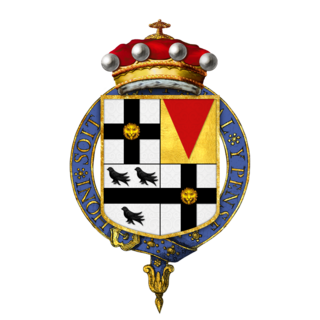As a Vice-Admiral, the post holder was the chief of naval administration for his district. His responsibilities included pressing men for naval service, deciding the lawfulness of prizes (captured by privateers), dealing with salvage claims for wrecks and acting as a judge.

Prize is a term used in admiralty law to refer to equipment, vehicles, vessels, and cargo captured during armed conflict. The most common use of prize in this sense is the capture of an enemy ship and her cargo as a prize of war. In the past, the capturing force would commonly be allotted a share of the worth of the captured prize. Nations often granted letters of marque that would entitle private parties to capture enemy property, usually ships. Once the ship was secured on friendly territory, she would be made the subject of a prize case, an in rem proceeding in which the court determined the status of the condemned property and the manner in which the property was to be disposed of.

A privateer is a private person or ship that engages in maritime warfare under a commission of war. The commission, also known as a letter of marque, empowers the person to carry on all forms of hostility permissible at sea by the usages of war, including attacking foreign vessels during wartime and taking them as prizes. Historically, captured ships were subject to condemnation and sale under prize law, with the proceeds divided between the privateer sponsors, shipowners, captains and crew. A percentage share usually went to the issuer of the commission. Since robbery under arms was once common to seaborne trade, all merchant ships were already armed. During war, naval resources were auxiliary to operations on land so privateering was a way of subsidizing state power by mobilizing armed ships and sailors.

A judge is a person who presides over court proceedings, either alone or as a part of a panel of judges. The powers, functions, method of appointment, discipline, and training of judges vary widely across different jurisdictions. The judge is supposed to conduct the trial impartially and, typically, in an open court. The judge hears all the witnesses and any other evidence presented by the barristers of the case, assesses the credibility and arguments of the parties, and then issues a ruling on the matter at hand based on his or her interpretation of the law and his or her own personal judgment. In some jurisdictions, the judge's powers may be shared with a jury. In inquisitorial systems of criminal investigation, a judge might also be an examining magistrate.








